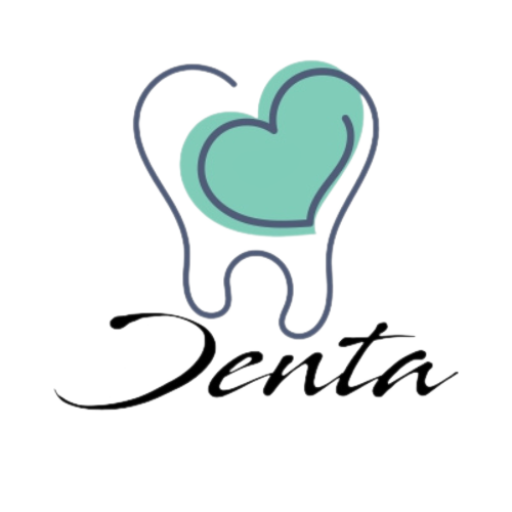Brush Up On Your Dog’s Dental Health
Many pet owners may be surprised to learn that a dog’s dental health is just as important to their overall well-being as a daily walk or a game of fetch. Good oral hygiene not only keeps your furry friend’s breath fresh but also plays a crucial role in preventing serious health issues.
Dental problems in pets go far beyond bad breath. Periodontal disease is the most common health problem in dogs today, with studies showing that at least 80% of dogs suffer from it by the age of two. Left untreated, dental issues can cause pain, lead to tooth loss, and even affect vital organs due to bacteria entering the bloodstream. This can significantly reduce your pet’s quality of life.
Small-breed dogs, especially those under 20 pounds, are at even greater risk than larger breeds. There are two main reasons:
- Crowded teeth – Small dogs have tiny mouths that cause teeth to crowd together, creating tight spaces where plaque and tartar can build up quickly.
- Proportionally large teeth – Their teeth are often too big for their small jaws, which increases the likelihood of dental stress and disease.
Fortunately, there are effective ways to keep your dog’s mouth healthy. Dr. Daniel Carmichael, a veterinary dental specialist with the Veterinary Medical Center in West Islip, N.Y., offers these essential tips:
1. Schedule Regular Dental Checkups
Just like humans, dogs benefit from professional dental care. Work with your veterinarian to schedule regular checkups and professional cleanings. Your vet can detect early signs of dental disease and advise you on the best at-home care routine. Keep an eye out for symptoms like bad breath, excessive drooling, or difficulty eating — these can be signs of underlying dental problems.
2. Brush Your Dog’s Teeth Daily
Daily tooth brushing is the gold standard for preventing plaque and tartar buildup. The new Hartz Dental™ Electric Toothbrush makes brushing easier, thanks to its vibrating brush head. When used as directed, it has been clinically proven to reduce tartar by 85% and plaque by 28% after just three weeks. Always use dog-specific toothpaste, such as beef-flavored varieties, which are safe to swallow and don’t foam up.
3. Offer Dental-Friendly Snacks
Chewing rawhide has been shown in clinical studies to help reduce plaque and tartar. Opt for products like Hartz Dental™ Nutri-Fresh Chew™ with OdorZap™ crystals, which freshen breath while reducing tartar by up to 61%. Dental chews also provide mental stimulation, helping to satisfy your dog’s natural chewing instinct.
4. Provide Toys with Dental Benefits
Some chew toys are designed to actively clean teeth while your dog plays. Look for toys with raised tips or textured surfaces that scrape away plaque. Hartz Dental™ Chew™ ‘n Clean Deli Cuts are a great example — available in beef, chicken, and bacon flavors. These toys also help strengthen gums and reduce boredom or anxiety.
Why Dental Health Matters for Dogs
Poor dental health in dogs can lead to much more than bad breath — it can cause painful gum infections, tooth loss, and systemic health problems affecting the heart, liver, and kidneys. Prevention is always easier (and cheaper) than treatment, so developing a consistent oral care routine for your pet is one of the most loving things you can do.
